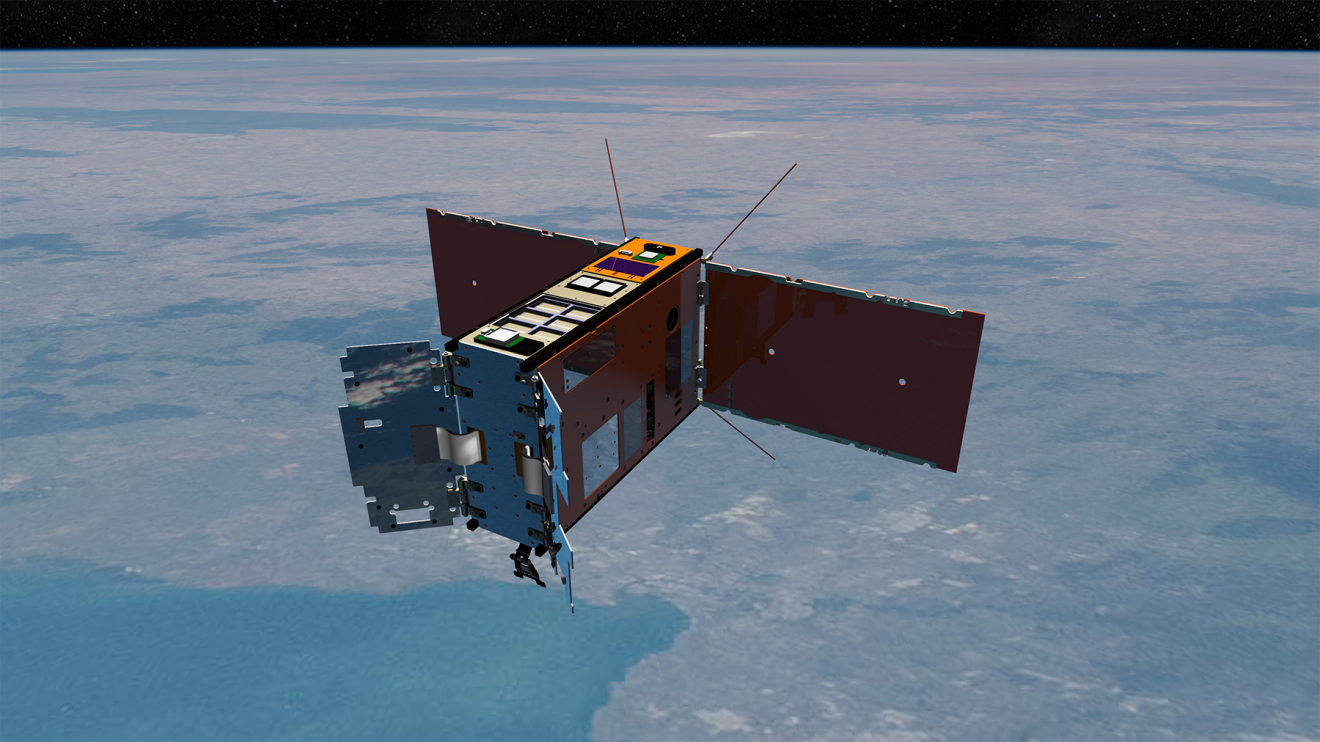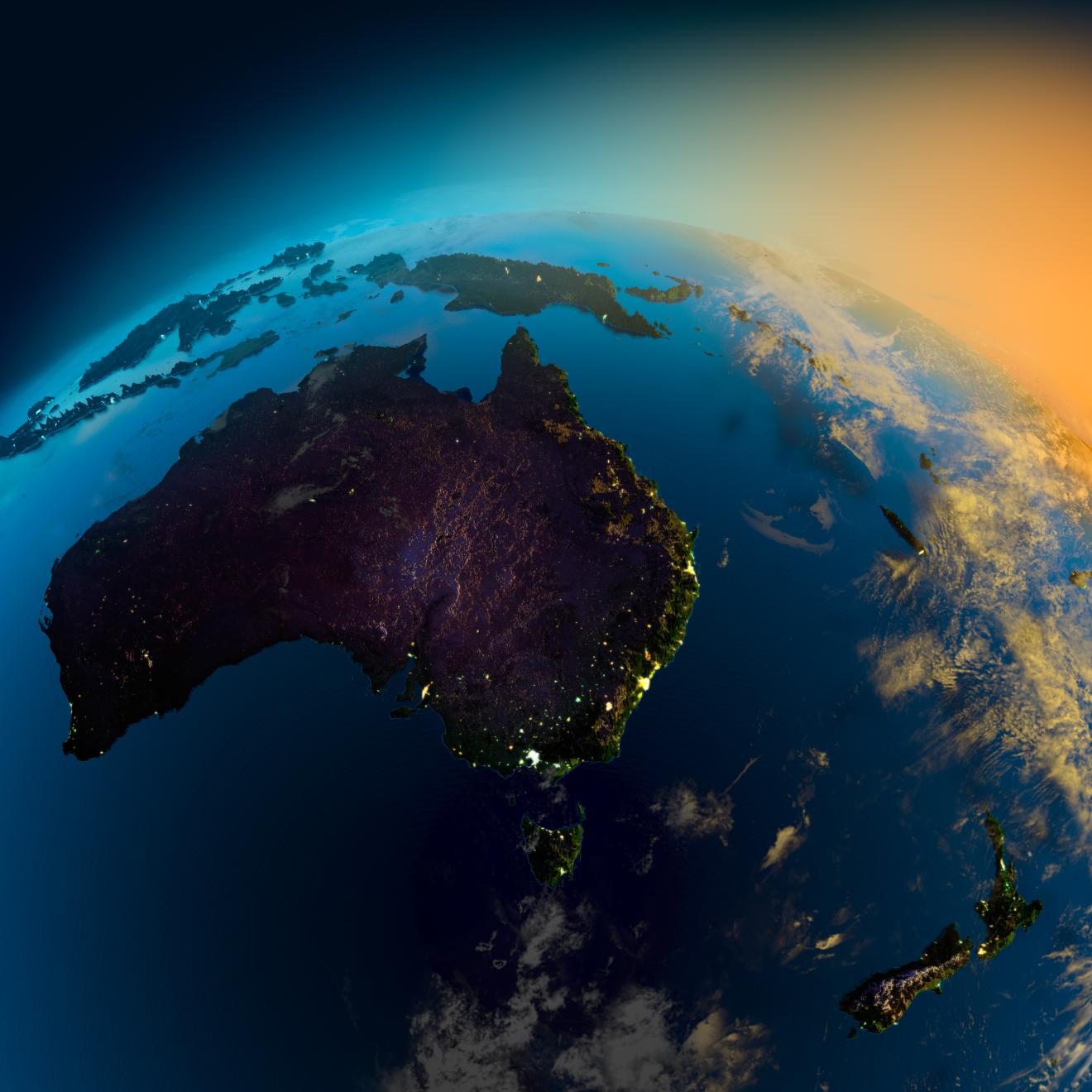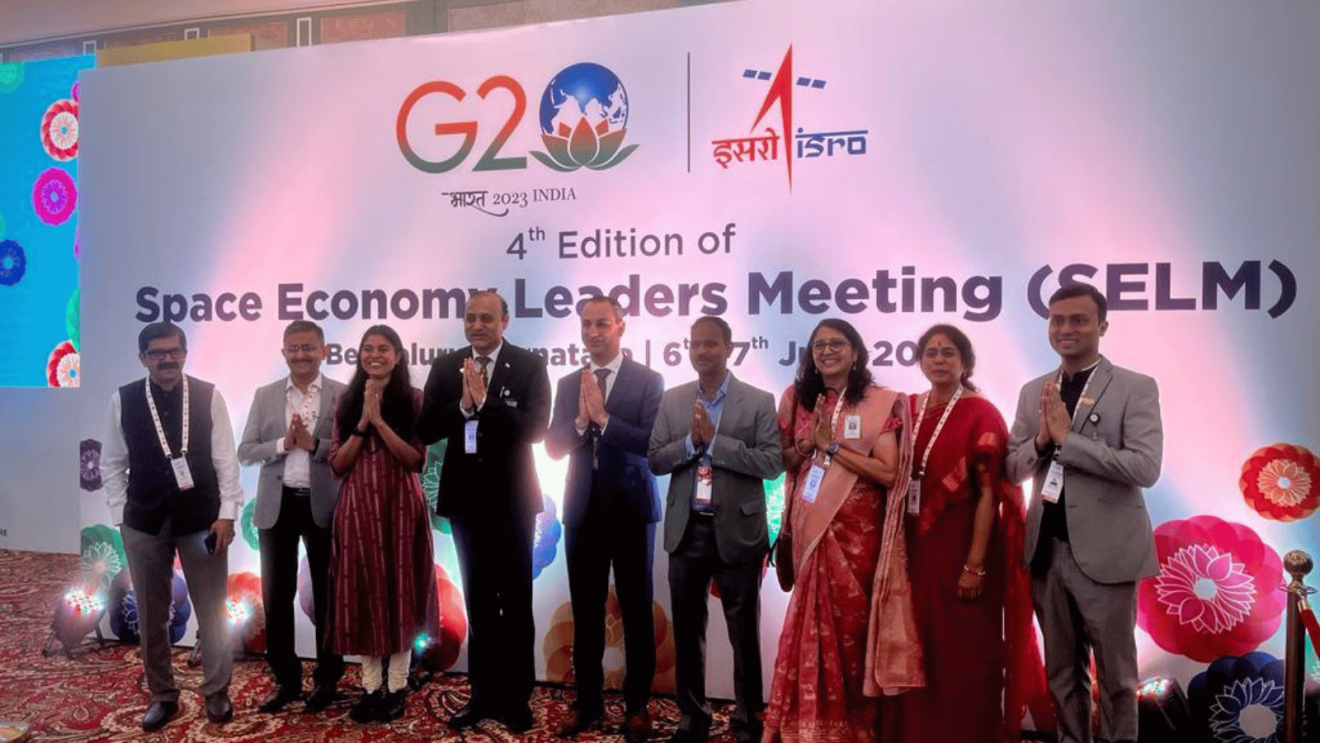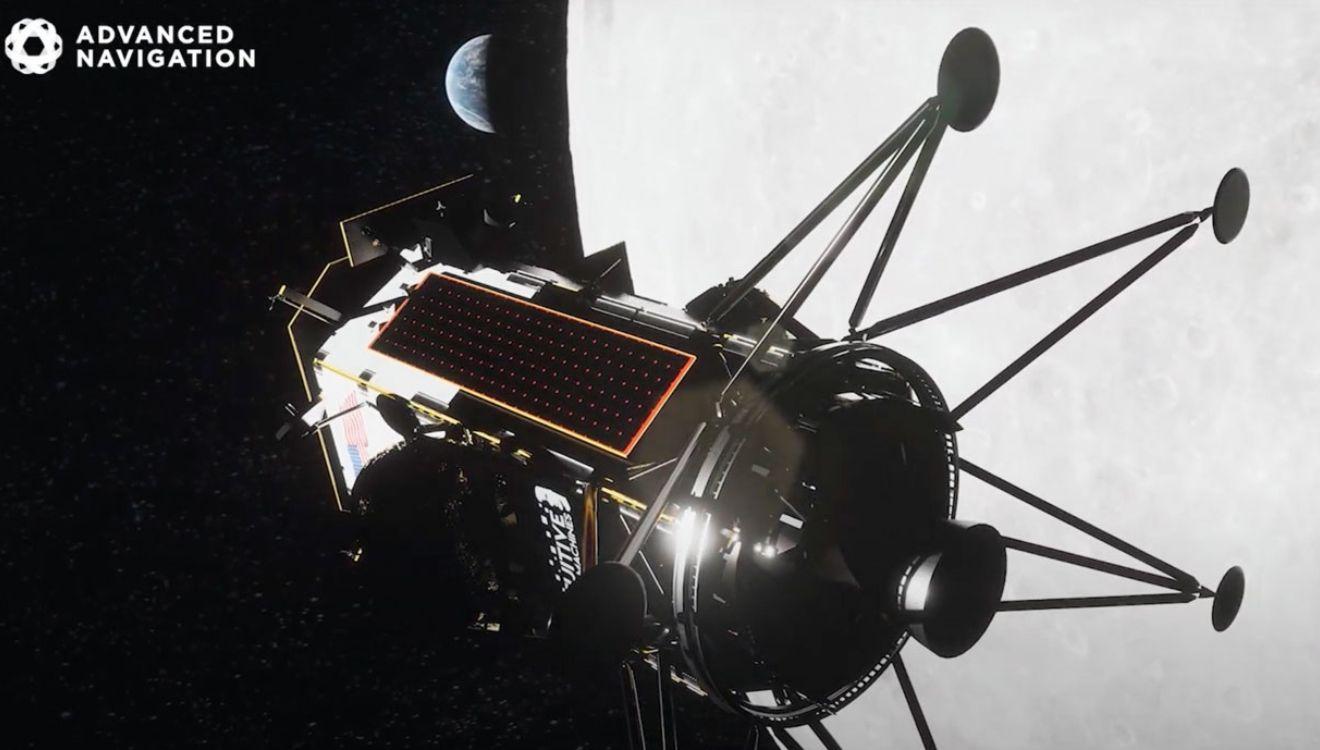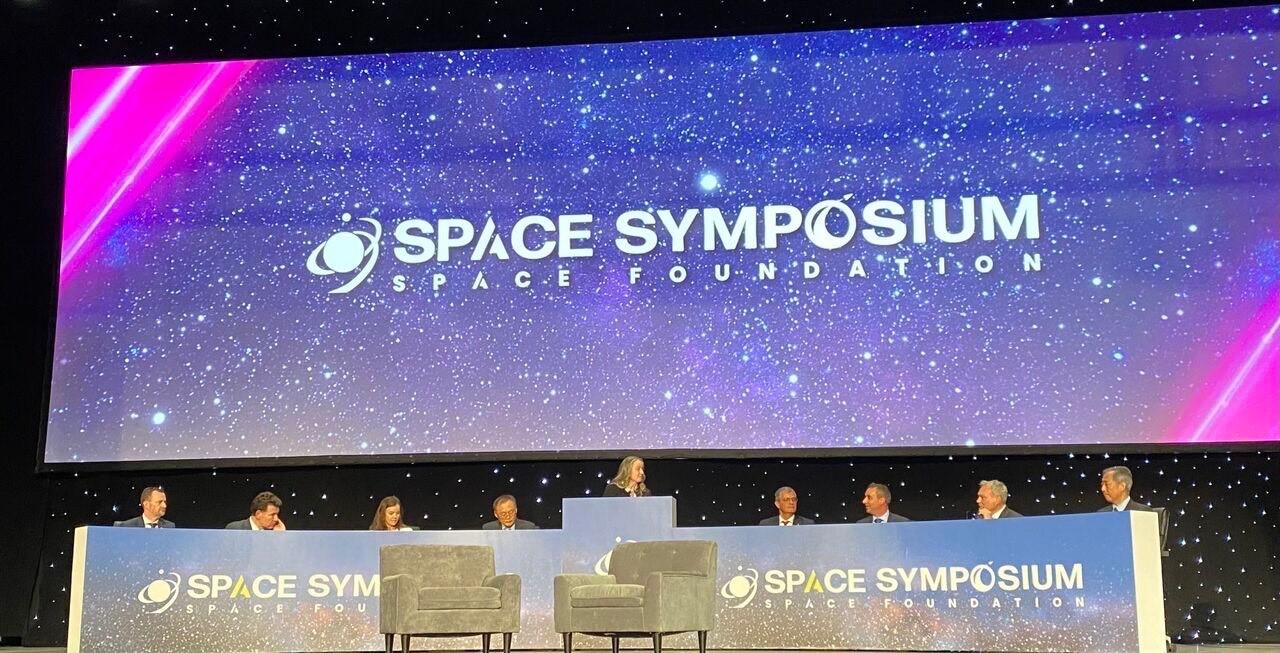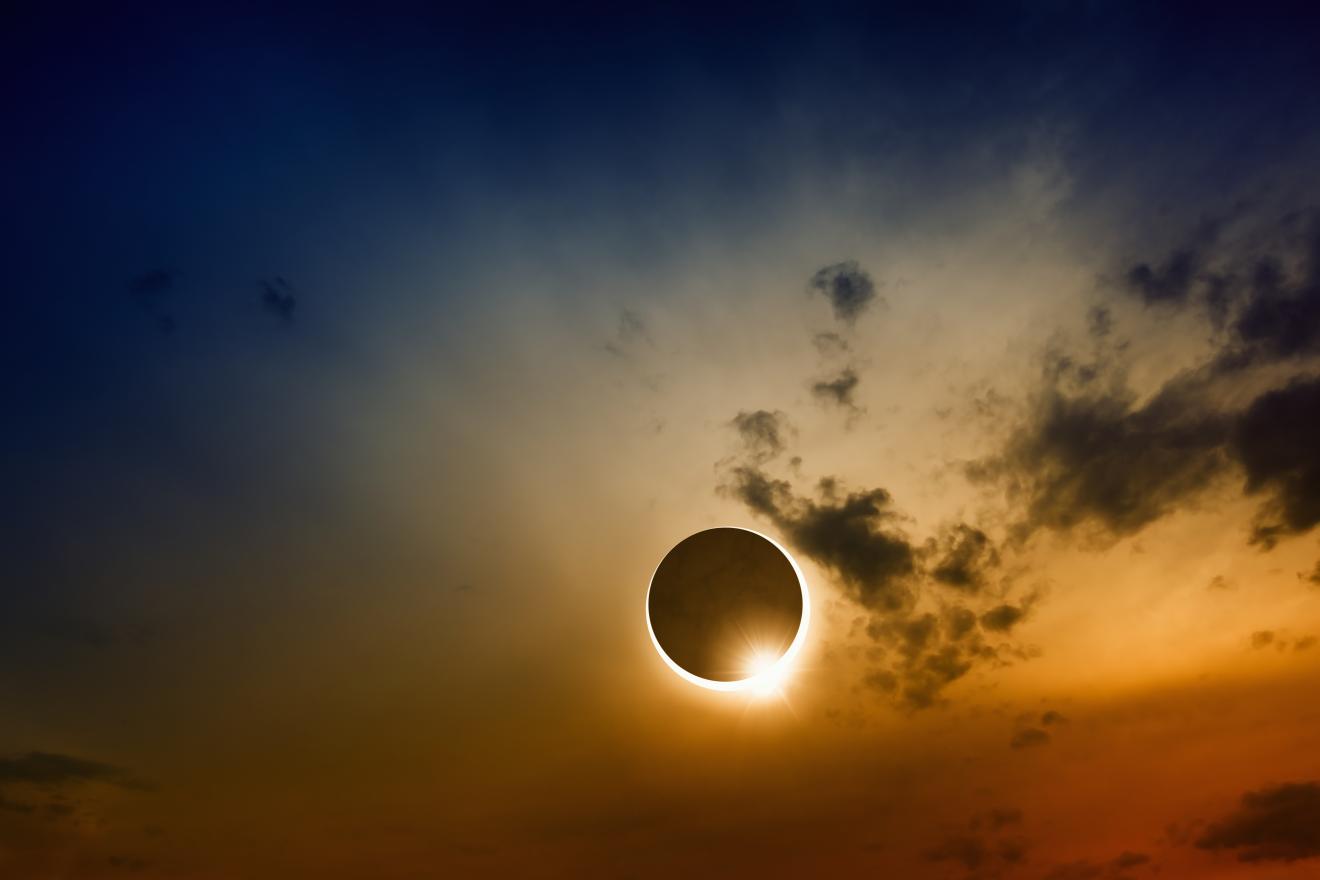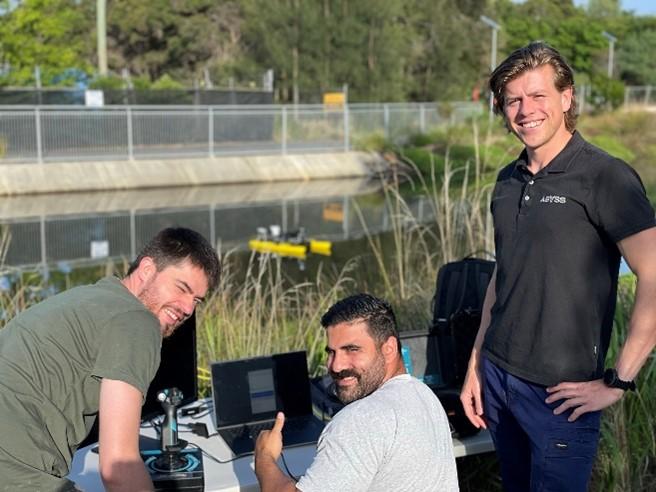The groundbreaking Australian research nanosatellite is set to blast off with SpaceX’s Transporter-9 mission in November.
Amendments to the General Rules and High Power Rocket Rules came into effect on 17 August 2023. The amendments have removed most ‘not a related party’ requirements.
From inspecting marine assets using robotics, to remote lunar operations, Fugro is showing the crossover of sophisticated technologies in Earth and space.
Five Indigenous Australian university students will next week head to the USA for a once in a lifetime internship with NASA.
What do chopsticks and space robots have in common? Japanese astronauts onboard the International Space Station (ISS) are about to find out.
They’ll conduct the experiment, which was submitted by an Australian university student, as part of the Asian Try Zero-G competition.
The Australian Space Agency enhanced its space safety expertise during the latest round of Sprint Advanced Concept Training (SACT).
Meeting also helped to drive space awareness among the G20 community.
The Australian Government is backing a series of local space innovations, including those that can help address climate change.
Head of the Australian Space Agency, Enrico Palermo, travelled from Brisbane to the Gold Coast and west to Toowoomba to see first-hand the growth of the sector in Queensland.
A new system from Advanced Navigation will help spacecraft find their way through the gruelling future of space exploration.
More US rockets and satellites will soon be able to be launched from Australia, with in-principle agreement on a technology safeguards agreement.
Agency Head Enrico Palermo and Chief Technology Officer Aude Vignelles visited NASA's Ames Research Centre where they met with key stakeholders to discuss our Moon to Mars program.
An innovative, Aussie-designed mining solution is reducing environmental impact and using satellites to bring unprecedented efficiency.
Team Australia showcased the best of the local space industry on the global stage at the 2023 Space Symposium.
20 April will mark a special astronomical event that only happens once every 10 years.
The two most senior people from NASA led a delegation in Australia during the week of 20 March.
A new space internship program will give Indigenous Australian university students the opportunity to study at NASA’s Jet Propulsion Laboratory.
The AROSE consortium and the EPE and Lunar Outpost Oceania consortium will each receive $4 million as part of stage one of the Trailblazer program under the Moon to Mars initiative.
A local AI automation and robotics company has tested a next-gen robotic arm for space. It has the potential for use in a future NASA Moon mission and even on Mars.
The Agency will grant over $20 million in funding to enable Australian businesses and research organisations to conduct joint projects and build closer relationships with the Indian space sector.

